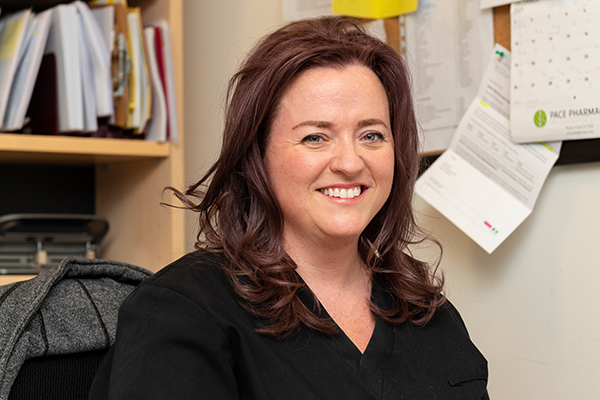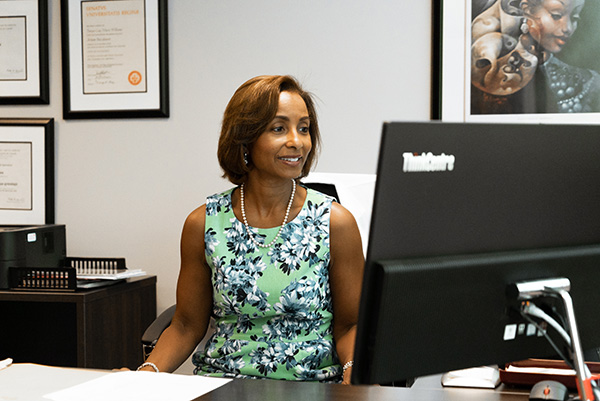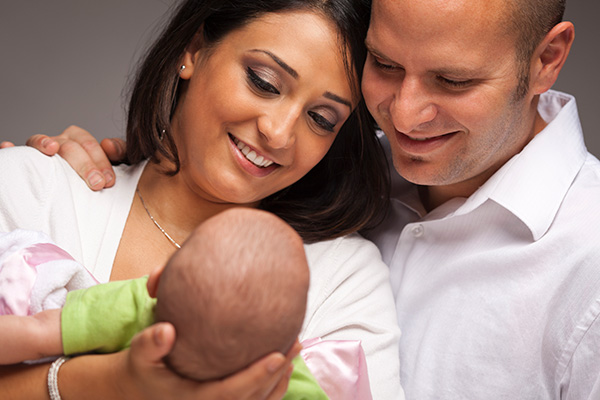Did you know?
Age is still the most important factor affecting fertility in both men and women. A woman's fertility starts to decline rapidly after age 35. By the mid-40’s, most women are unable to sustain a successful pregnancy.
Lifestyle can also play a role in fertility. It is important to be as healthy as possible when trying to conceive. This includes paying attention to your diet, exercise, sleep, smoking, alcohol, drugs, and caffeine consumption, as well as maintaining a healthy weight.
When trying to conceive, it is important to know when is the right time to have sex in order to increase the likelihood of conception. For women with a regular menstrual cycle, ovulation usually happens 12-14 days before the next menstrual period. So if the cycle is 28 days long, she will usually ovulate between day 14-16 (or 14-16 days after the start of the previous period). It is very common for cycle lengths to vary, so the day of ovulation will also likely vary from month to month. Pregnancy is most likely to occur when a couple has sex 2-5 days prior to ovulation up until 12-24 hours after ovulation. This is considered the “fertile window” which reflects the lifespan of the sperm (2-5 days) and that of the egg (12-24 hours).
If you have been having regular sex for one year without success, or six months if you are more than 35 years of age, you should consider seeing a doctor who specializes in the investigation and treatment of infertility. Ask your family doctor for a referral. The form is available on this site.
For more information regarding all aspects of infertility, go to: Yourfertility.org.au
Here Are The Steps Involved
Once you are referred to a Fertility Specialist, there will be a number of simple steps involved in the process:
Initial Appointment
Testing Phase
Results
Treatment








